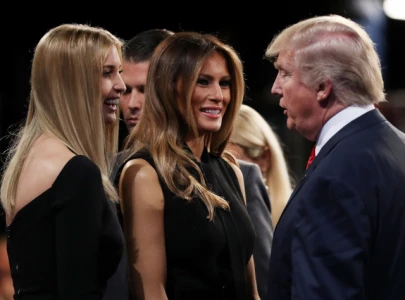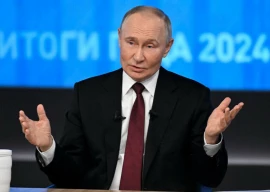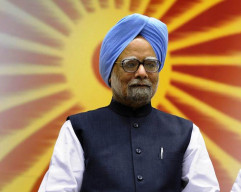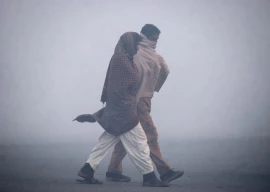
The global rights monitor said that human rights violations were commonplace after the blasts in Jaipur, Ahmedabad and New Delhi, as security forces battled to bring the perpetrators to justice and prevent further atrocities.
HRW warned authorities that their illegal actions - blamed by security experts on a lack of training, awareness and resources - could be counter-productive in the wider fight against extremism.
"The very real pressures to deter and prevent such attacks do not justify violations of human rights, which undermine efforts to fight terrorism," the report, published on Wednesday, said.
"By relying on forced and sometimes fabricated confessions, the Indian government risks punishing the wrong suspects while perpetrators remain free.
"Moreover, allegations of abuse create resentment in Muslim communities across India, depriving law enforcement officials of information sources that could prevent future attacks.
"Reports of torture may also serve as a recruitment tool."
The study said the majority of victims were the scores of Muslim men held after each blast and accused by police of being members of the Indian Mujahideen, a militant Islamist group that claimed responsibility for the wave of attacks.
More than 150 people died and hundreds of others were injured in the serial blasts, which hit between May and September 2008.
But suspected Hindu nationalists - blamed for a separate bomb attack that killed seven in the western city of Malegaon a week after the New Delhi blasts - also suffered abuse, the group said.
One suspected Hindu extremist said that police forced beef into his mouth while he was in custody, in contravention of his strict religious beliefs.
Researchers were told that in many cases, suspects were held for weeks without their arrests being registered, while police bent the rules to keep detainees in custody beyond the 15-day legal limit to get them to confess.
Torture included electric shocks, beatings and being kept blindfolded and shackled in "stress" positions. Detainees' families were also mistreated or threatened in order to force confessions, it was claimed.
The report, based on interviews with suspects, their families, lawyers, activists, law enforcement officials and security experts, alleges that abuse took place at every stage of the judicial process.
In court, judges often ignored suspects' complaints about ill-treatment, it added.
"This is what we would expect from China. The world's largest democracy can do better," HRW's South Asia director Meenakshi Ganguly said in a statement.
The group called for India's judicial system to be overhauled, including the repeal of wide-ranging, vaguely-defined laws aimed at curbing militancy, and for the perpetrators of abuse to be brought to book.
A "thorough and impartial" investigation should also be conducted into how nine Muslim men were held for more than four years, and allegedly tortured, on suspicion of another blast in Malegaon in 2006.
Hindu extremists are now thought to have been behind the attack as well as others in 2006-7 which killed at least 115 people.
Ganguly said HRW was encouraged by the restraint shown by the authorities after the November 2008 Mumbai attacks, which killed 166, as well as after more recent strikes claimed by the Indian Mujahideen.
But the long-term success of countering extremism depended on transforming "restraint and respect for the law" into the country's institutions, she added.

1726117332-0/Megan-Thee-Stallion-(1)1726117332-0-165x106.webp)





















COMMENTS (4)
Comments are moderated and generally will be posted if they are on-topic and not abusive.
For more information, please see our Comments FAQ